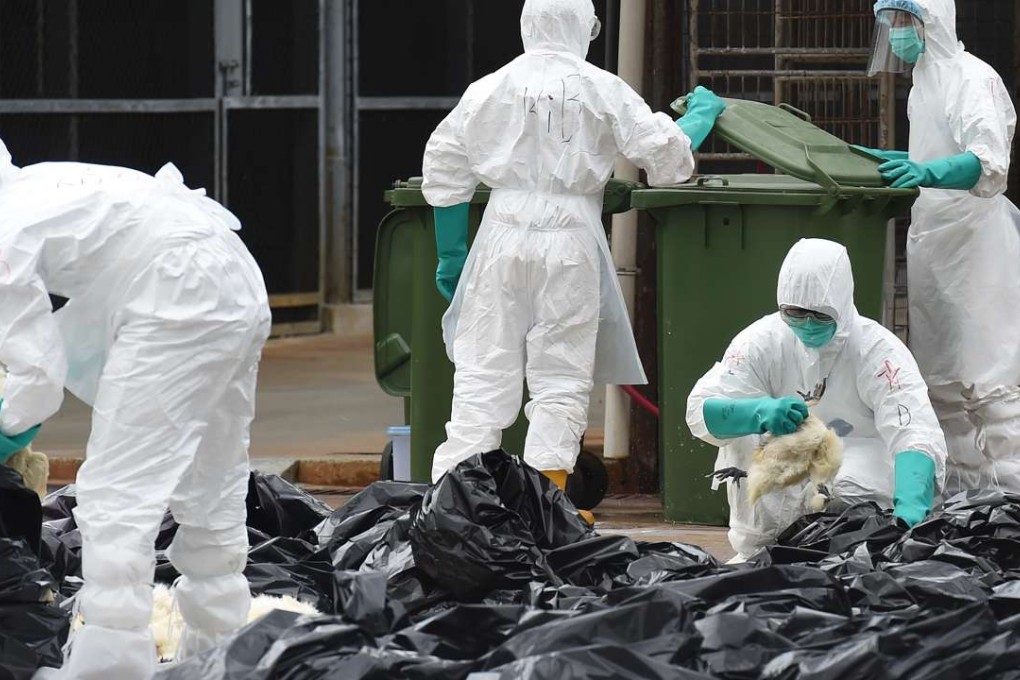Eliminate any weakness in system to detect bird flu in poultry
The culling of birds and suspension of sales of live chickens is prudent; equally important is to fine-tune surveillance of cross-border chicken imports

Hong Kong has had a long respite from the suspension of live chicken supplies and the slaughter of birds at its wet markets on the orders of health authorities to safeguard the community from the risk of bird flu. There was every reason to hope it would continue. As University of Hong Kong microbiologist Professor Yuen Kwok-yung says, it is unusual for biological samples from the markets to test positive for one of the bird-flu strains during the summer.
But it is possible. The fact that it has, in the form of the potentially fatal H7N9 virus, is a reminder that the city which suffered the first human outbreak of the deadly H5N1 virus in 1997 can never afford to relax its vigilance or ruthless measures to halt or prevent the spread of infection among birds or people. The culling of 4,500 birds at the Cheung Shan Wan temporary wholesale poultry market yesterday, after a bird faeces sample collected at Tuen Mun Yan Oi market tested positive for H7N9, shows that the tragic lesson remains well-learned. There is no room for sentimentality about the impact on live poultry vendors – only for prompt and fair compensation according to well-established precedent. The live chicken trade is profitable and the suspension of supplies can plunge a vendor into financial losses after paying workers.